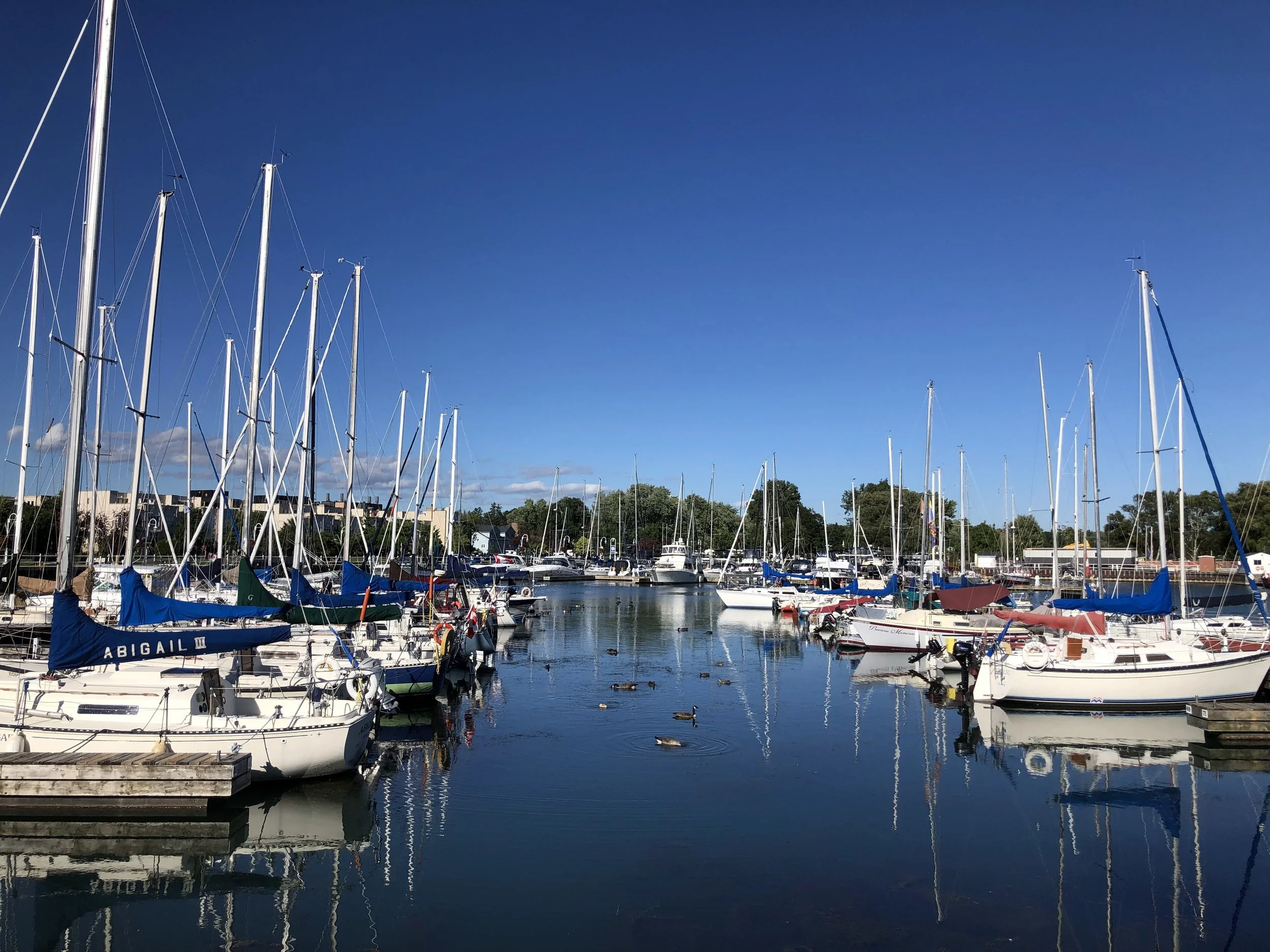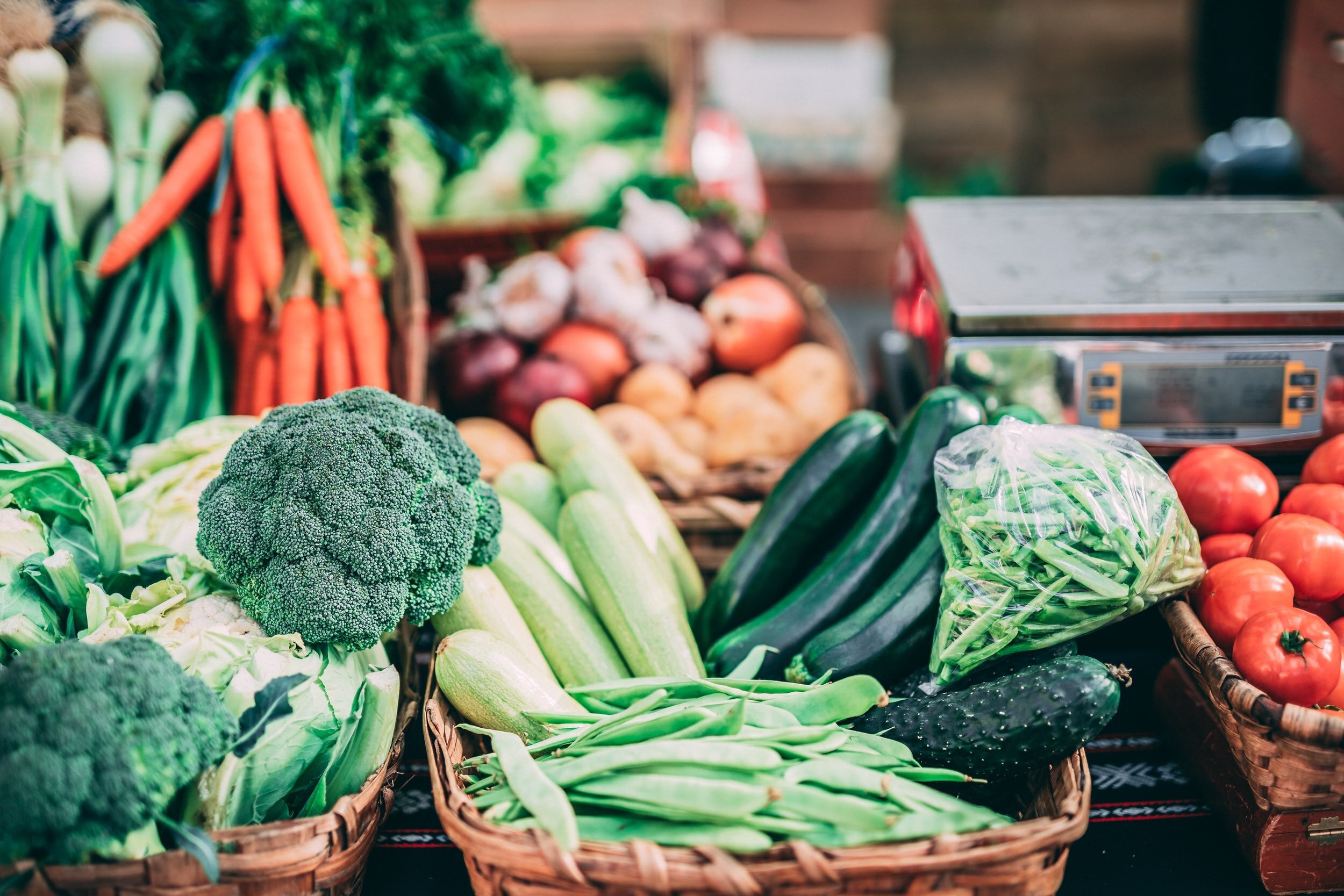Navigating Towards Cleaner Shorelines
Eco-Friendly Boating with A Greener Future & C-Tow
At A Greener Future, we believe in protecting our precious natural environments, from our shorelines to our open waters. We know that many Canadians cherish time spent on the water, and with boating season in full swing, it's the perfect time to talk about how we can all be better stewards of our aquatic ecosystems.
That's why we're thrilled to partner with C-Tow, Canada's leading on-water assistance provider. C-Tow's commitment to safe, responsible, and sustainable boating also helps to keep our lakes clean and litter-free. Together, we're bringing you some essential tips for an adventure-filled summer out on the lake that also ensures the safety of our wildlife and the cleanliness of our waterways. Let's make sure our boating adventures don't leave a wake of waste!
Responsible Waste Management:
Leave No Trace on the Water
We are proud advocates for responsible waste disposal on land and same for the water. Litter, especially plastics, is a significant threat to aquatic wildlife and water quality.
Pack It In, Pack It Out: The golden rule of outdoor recreation applies to boating. Ensure all trash, food scraps, and recyclables are securely stored on board and disposed of properly once you return to shore. Consider reusable containers and avoid single-use plastics.
Secure Your Gear: Prevent accidental litter. Make sure all your items – from fishing lines to picnic blankets – are tied down or stowed away, especially when underway.
Pump Out, Don't Dump Out: If your boat has a head, always use designated pump-out stations for sewage. Never discharge untreated waste into the water. Let’s keep our lakes for fishing, and not for flushing.
Eco-Friendly Maintenance:
What Goes In, Stays In (or Gets Cleaned Responsibly)
The products we use to maintain our boats can have a direct impact on the water in the lake. As a result, choosing greener product alternatives and ensuring proper disposal are key to staying eco-friendly.
Mind Your Bilge: Keep your boat’s bilge clean and green to prevent fuel, oil, and other contaminants from entering the water where they directly impact aquatic ecosystems. You can also use old absorbent materials in bilge areas when needed to help keep oil and fuel out of the bilge water.
Green Cleaning Products: Opt for biodegradable, non-toxic cleaning products for your boat. Harsh chemicals can harm aquatic life and degrade water quality. Look for aquatic-specific, eco-certified options that are tough on grime but gentle on gills.
Proper Fueling Practices: Avoid spills at the pump. Don't "top off" your tank, and use absorbent materials around the fill pipe to catch any overflow.
Navigate with Nature in Mind
How you operate your boat can greatly influence your environmental footprint and the well-being of aquatic life.
Reduce Your Wake: Excessive speed creates large wakes that can erode shorelines, disturb wildlife habitats, and damage sensitive aquatic vegetation. Observe "no wake" zones and consider reducing speed in shallow areas.
Anchor Responsibly: When anchoring, choose sandy bottoms away from sensitive habitats like seagrass beds or coral reefs. Use appropriate anchor types and ensure your anchor is well-secured to avoid dragging and damaging the lakebed.
Respect Wildlife: Maintain a safe distance from aquatic animals, birds, and their nesting areas. Never feed wildlife, and be aware of fishing regulations and protected species in your area.
Embracing Innovation: The Future of Green Boating
The aquatic industry is evolving, with new technologies offering exciting possibilities for even greener boating.
Electric Propulsion: The rise of electric and hybrid boat motors is reducing reliance on fossil fuels, cutting emissions, and creating quieter, more enjoyable boating experiences.
Solar Power: Solar panels can be integrated into boats to power onboard electronics, reducing the need for traditional generators.
Sustainable Materials: Manufacturers are increasingly exploring recycled and bio-based materials for boat construction and components, further minimizing environmental impact.
Your environmental ripple: Orillia Lakeside Cleanup!
At A Greener Future, we are proud to partner with organizations like C-Tow that share our dedication to environmental conservation through initiatives like their Ripple Program. Together, we're not just providing essential tips for eco-friendly adventures; we're setting a new standard for environmental responsibility in the Great Lakes region. By combining C-Tow’s trusted marine expertise with A Greener Future’s proven ability to mobilize communities, this partnership has not only supported efforts to conserve our environment and safeguard our drinking water but has also inspired a movement of stewardship among boaters and beyond.
With C-Tow's Ripple Program integrated into our collaborative efforts, we're creating tangible, lasting impacts—think cleaner shorelines, healthier ecosystems, and a strengthened connection between communities and the waters they cherish. This goes way beyond just a sponsorship; it’s a real investment in a sustainable legacy that perfectly reflects the values of both our organizations. We're seizing this moment to lead by example, showing how strategic partnerships can truly drive meaningful environmental change while building trust and loyalty within the boating community. Together, we're making waves for a healthier planet!
Ready to jump aboard and make a difference? Start a positive ripple effect for the health of our lakes by joining us for an upcoming lakeside cleanup event in Orillia!
This is a fantastic opportunity to contribute directly to a healthier local environment, meet fellow community members and boaters, and see our partnership in action. We’ll be out at Port of Orillia to do a cleanup on the Lake Simcoe shoreline in conjunction with the C-Tow-sponsored Lake Simcoe Summer Surge event, a charity poker run on Lake Simcoe. Don't miss the boat on this chance to make a difference.













